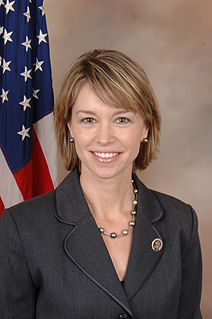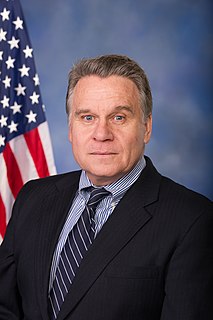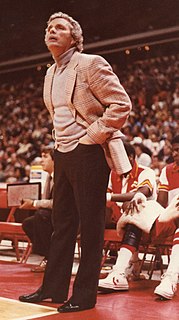A Quote by Stephanie Herseth
Before I had decided to get into politics, I was laying the groundwork to have a career in the law, but that was really to lay the foundation to teach, either at the college level or law school level after my federal clerkships.
Related Quotes
After I got out of law school and worked in a big law firm, I thought, there are so many kids like me, in my neighborhood, that could be here if they had more support from their families, better financial aid. But the gap is so wide once you miss that opportunity. So I was always interested in figuring out, How do you bridge that? I felt, as a lawyer, when I was mentoring and working with kids, that I gained a level of groundedness that I just couldn't get sitting on the forty-seventh floor of a fancy firm.
I started in the law; and the study of law, when it precedes the study of economics, gives you a set of foundation principles about how human beings interact. Economics is very useful, and I studied economics in graduate school. But without understanding the social and organizational context of economics, it becomes a theory without any groundwork.
The law is equal before all of us; but we are not all equal before the law. Virtually there is one law for the rich and another for the poor, one law for the cunning and another for the simple, one law for the forceful and another for the feeble, one law for the ignorant and another for the learned, one law for the brave and another for the timid, and within family limits one law for the parent and no law at all for the child.
We make a big mistake when we conclude that the law is the answer to bad behavior. In fact, the law alone stirs up more of such behavior. People get worse, not better, when you lay down the law. To be sure, the Spirit does use both God's law and God's gospel in our sanctification. But the law and the gospel do very different things.
The federal Religious Freedom Restoration Act passed unanimously in the House, won 97 votes in the Senate, and was signed into law by President Bill Clinton. Twenty states have passed their own versions of this law, and 11 additional ones have religious-liberty protections that state courts have interpreted to provide a similar level of protection.
It happens every once in awhile at the federal level when the solicitor general, on behalf of the U.S., will confess error or decline to defend a law. I don't know what is going through the [Obama] administration's thought process on 'don't ask, don't tell.' It would be appropriate for them to say 'the law has been deemed unconstitutional, we are not going to seek further review of that.'

































